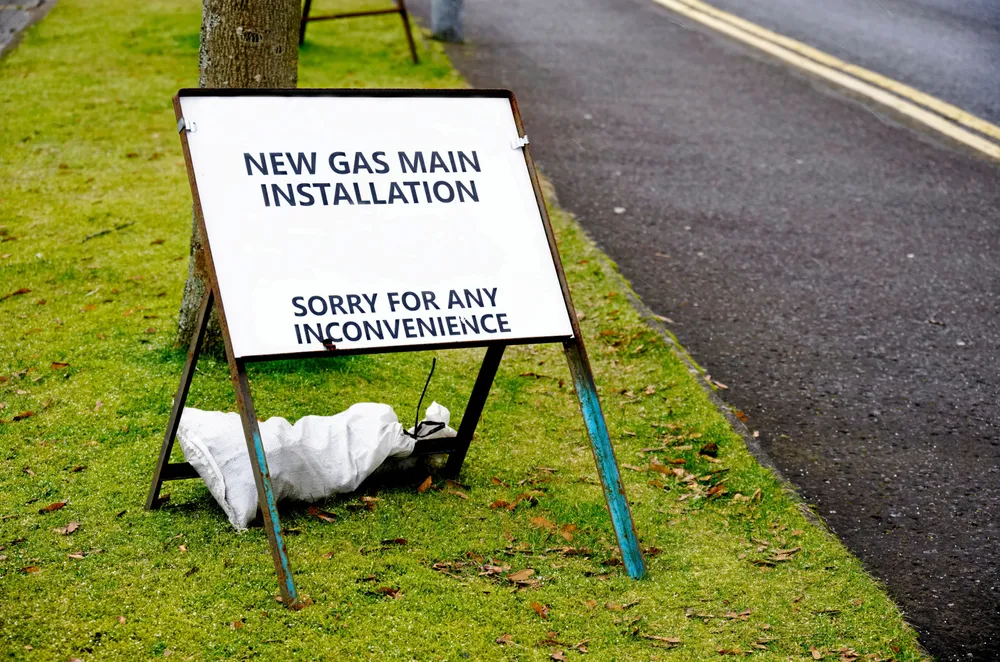Whitby hydrogen heating trial | After public outcry, Cadent makes U-turn on gas cut-off and offers £2,500 to participants
Existing gas pipes will still be used for 100% H2, but a new gas main will be installed to connect those who opt out of the pilot
